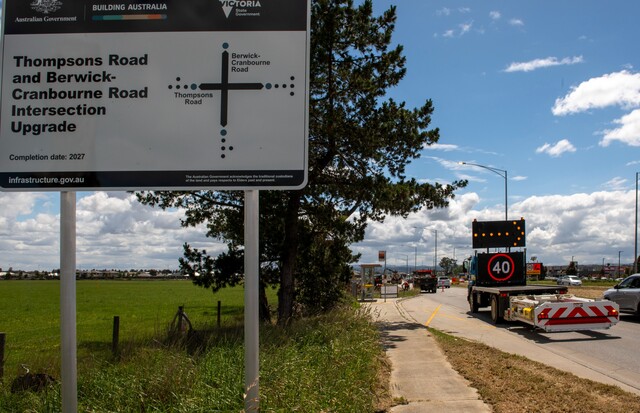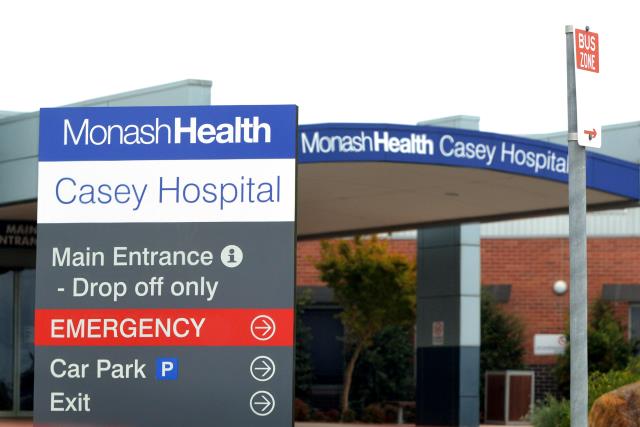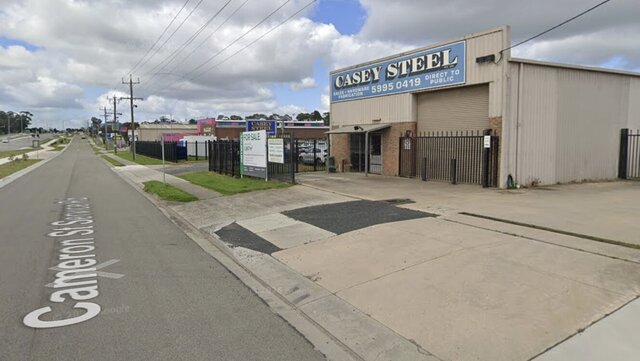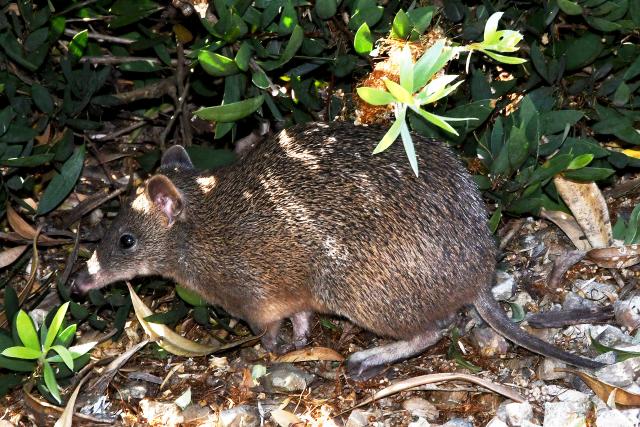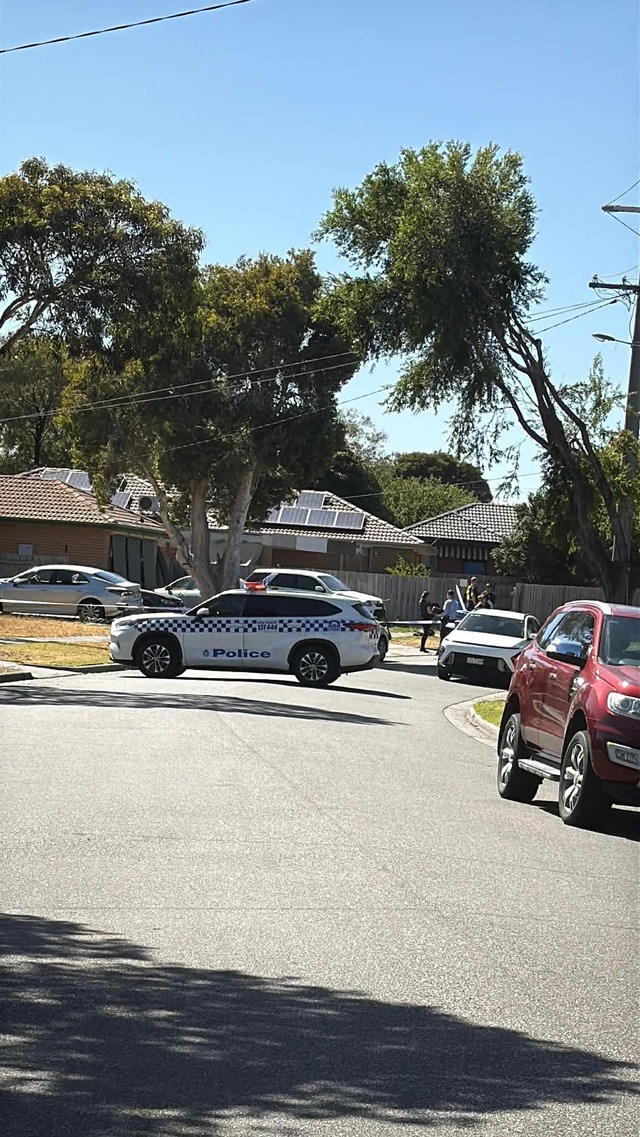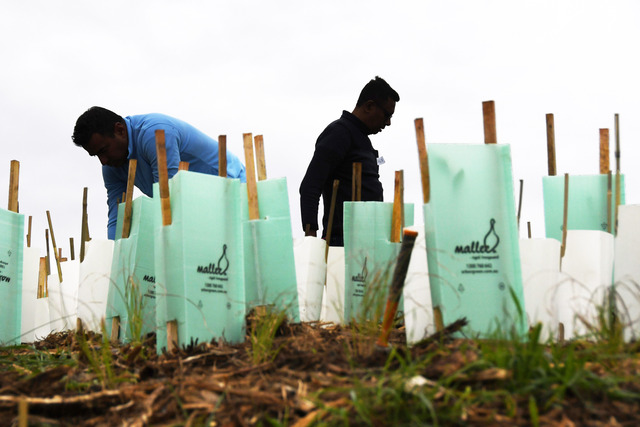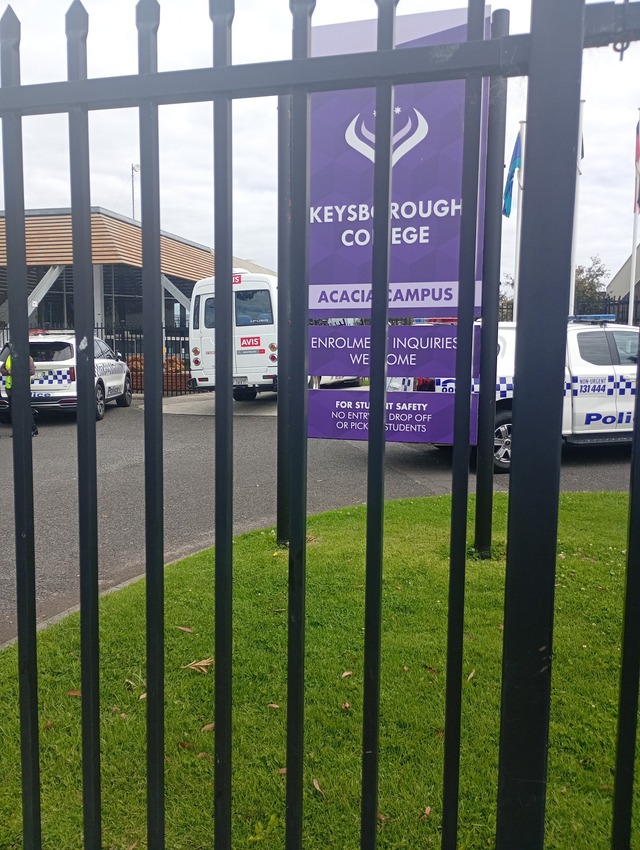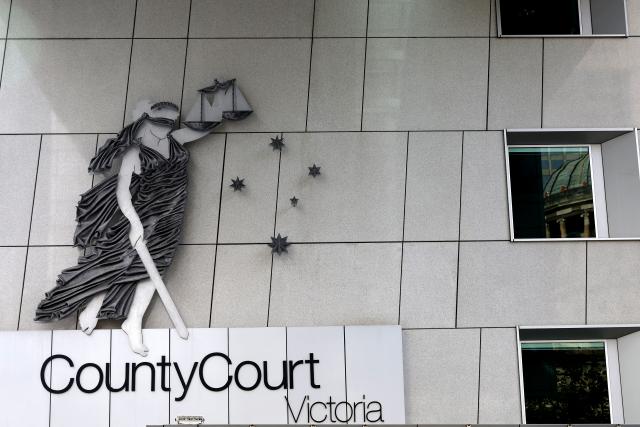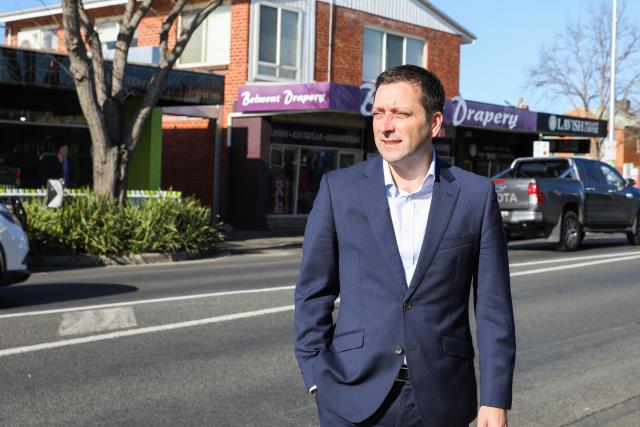By LACHLAN MOORHEAD
CASEY police have dismissed suggestions dog thefts in the municipality have become a major problem, after media reports the area was Victoria’s top dog theft region.
This week the Herald Sun reported that 102 dogs had been listed as stolen in the City of Casey in the past five years, according to data provided by Victoria Police and confirmed on Friday by the state’s new Crime Statistics Agency.
But Detective Sergeant Geoff Rumble from Narre Warren police said there was no current anecdotal evidence that the theft of dogs was a “major issue” in Casey.
“It is our belief that the majority of the reports are that of dogs that have gone missing for whatever reason and not stolen,” he said.
“Some are attributed to insecure yards not registered with council, so there’s no way of tracking the owners.”
Reports also suggested that dogs were being stolen for illegal fights, but Det Sgt Rumble said this was unlikely.
“There is no evidence to suggest that dogs are stolen to participate in illegal dog fights,” he said.
City of Casey Manager Community Safety Caroline Bell said any “objective reporting” of dog thefts in Casey should be based on a comparative basis between stolen dogs and registered dogs, rather than “absolute numbers”.
The City of Casey is the state’s largest municipality, with more than 280,000 residents and 25,589 dogs, as of 30 June last year.
“Council undertakes a range of animal management services, including reuniting lost dogs with their owners and investigating and prosecuting serious dog attacks, however, the theft of dogs is a matter for the police,” Ms Bell said.
“Council would like to remind residents to register their animals by 10 April each year.
“While registering your dog or cat is the law, it also provides a number of additional benefits.
“The most important benefit to many is that if their pet becomes lost, the unique registration number on their identification tags will help council reunite them with their owners.”


